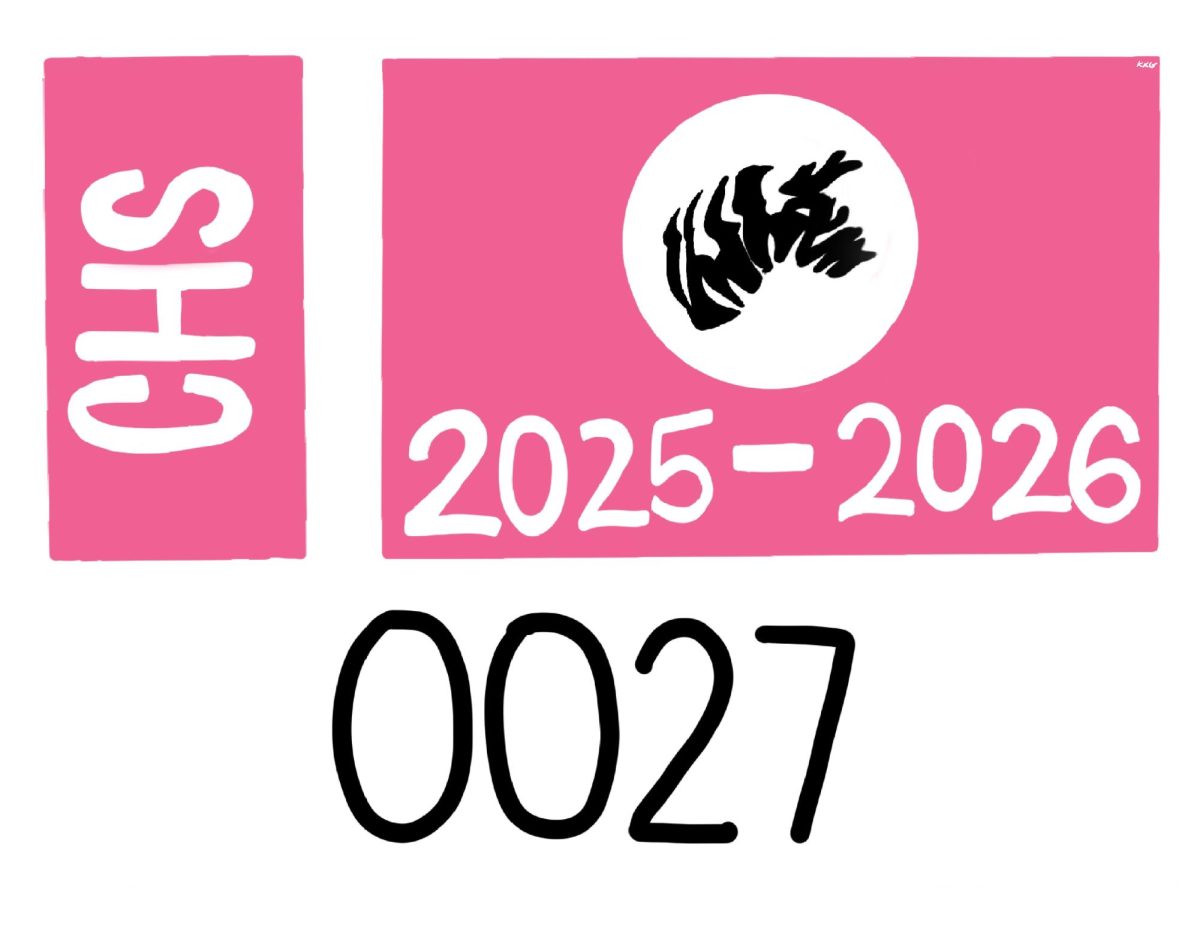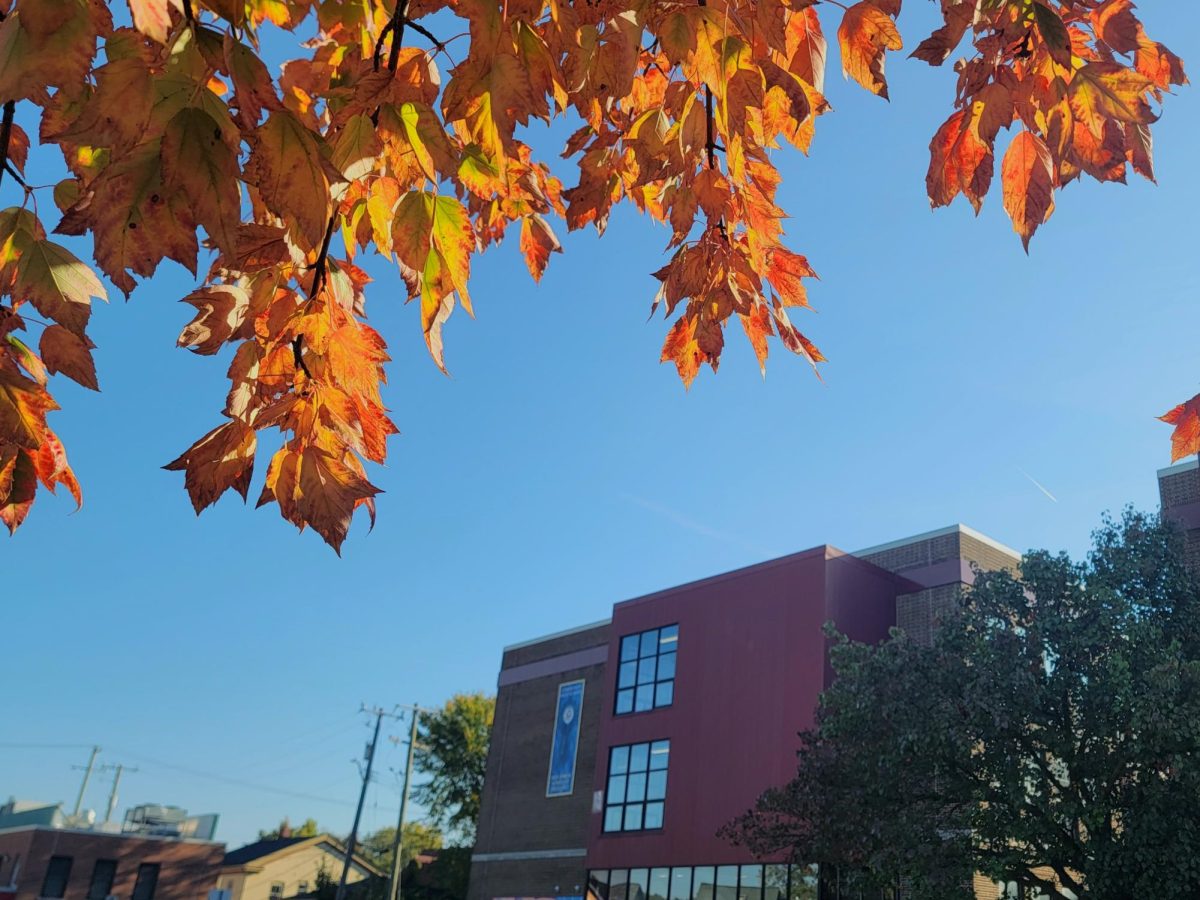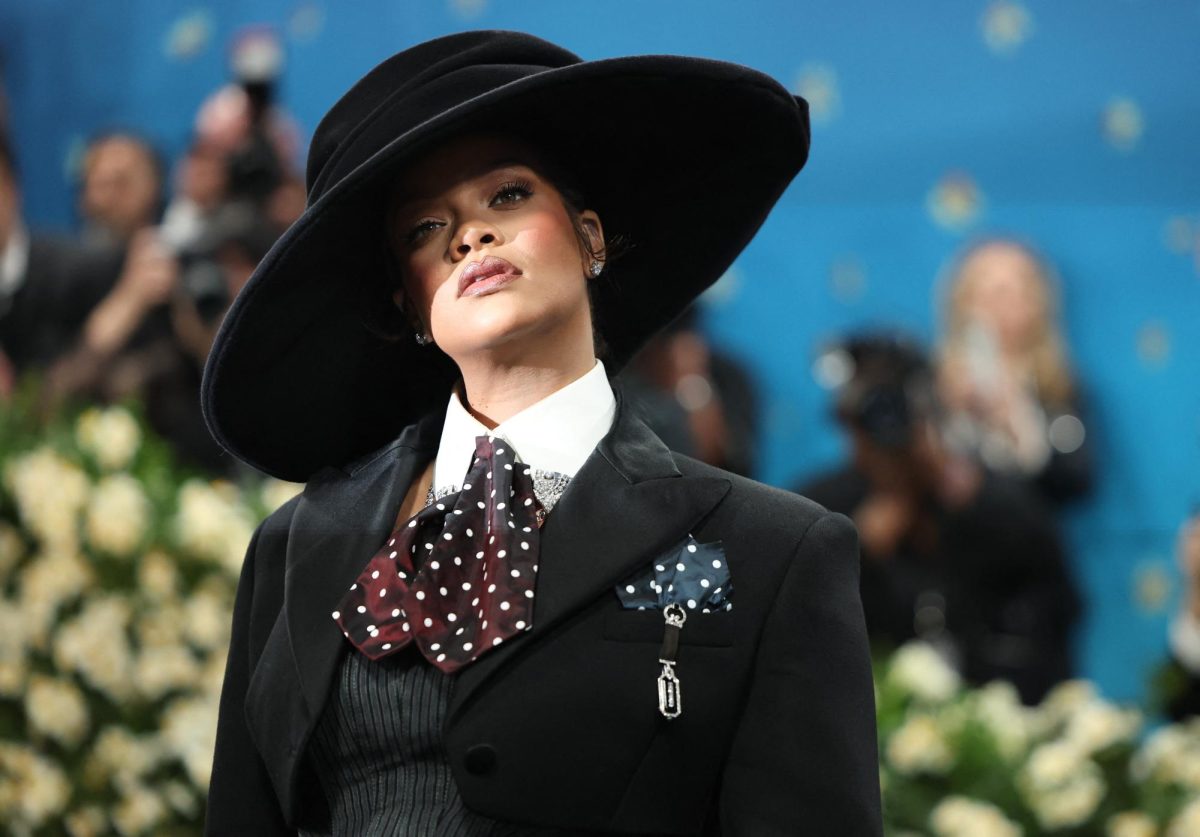Yale, Harvard, Brown, Princeton, Cornell, Penn, Columbia and Dartmouth; the eight Ivy League colleges started out as NCAA Division 1 athletics league schools but have become the most elite and prestigious colleges in America over the years.
Is the hype around Ivy League colleges worth it? No, it isn’t.
The colleges you get into are dependent on your academic performance. A small period of your life, such as high school, seems to control your future career and life. With a 7% chance or lower of getting in, factors like your GPA, SAT and ACT test scores, personal essays, extracurriculars, and letters of recommendation all contribute to your academic success.
But what happens when these factors are often rigged and unfair.
Students from wealthy families have the privilege of being able to afford many other resources, such as a tutor to study for higher grades, something less wealthy students may not have.
The most infuriating part for me is legacy admissions. Your parent’s path shouldn’t determine your path and just because one may be a legacy, it shouldn’t be a given that you are accepted. With this trend of admitting wealthy, legacy, and dare I say it, less qualified individuals, Ivy Leagues are filled with rich kids. It’s unfair to others.
When accepted into an Ivy League, one is then enrolled in difficult classes with great professors, on the path to success. What is overlooked is students attending Ivy League universities may experience emotional tolls from the harsh learning environment or workload. Since these schools are the most prestigious, it also means they are extremely difficult to do well in. When under these circumstances, one can possibly have severe consequences on their mental health.
Is it really worth destroying your mental health for a degree?
Privilege comes into play again when discussing tuition prices, especially since these colleges have a yearly tuition of about $70,000 to $85,000. Most receive some student scholarships or aid, but many leave in hundreds of thousands of dollars in debt. Numerous qualified students are prevented from attending these colleges because the majority of citizens cannot afford them, this ultimately adding to the environment of rich families ruling Ivy Leagues.
Chloe Root, a CHS teacher, attended Brown University. Root arrived at Brown University expecting one thing, but quickly realized the environment there was not attainable for everyone.
“I was imagining I was going to a place where everybody was just really excited about learning, which was true, but it was also a place of such immense class privilege,” Root said. “ There were divides between people who went to their ski chalets for the weekend and then there were the rest of us, right? I was just really amazed at how much privilege was a factor.”
Ivy leagues aren’t always the way to go when it comes to your major or career path. They generally have top programs for most majors, but many other schools have just as good programs.
“I could have gotten just as good of an education at any of the other schools I got into,” Root said. “This idea that there’s something that you’re getting education-wise at an Ivy League that you can’t get elsewhere is not true. ”
Root has taken classes at the University of Michigan, WCC and Eastern University since attending Brown, still learning under professors she finds to be fantastic.
These eight schools open doors for many jobs after college because of the school’s reputation, something Root admitted has been easier for her to do. However, college graduates who received similar education but at less superior colleges haven’t always had the same experience.
Everyone’s college experience is different, but you can’t deny that Ivy League colleges have become a symbol of privilege and superiority. These schools need to become more accessible, ensuring that all qualified students are given a fair chance of attending the school they are admitted to. Ivy League students should be paying for the education they receive, not for the reputation of the name.



![[Blair Hall, Princeton University] by [Billy Wilson] is licensed under [CC-BY].](https://chscommunicator.com/wp-content/uploads/2023/12/princeton_photo.jpeg)






